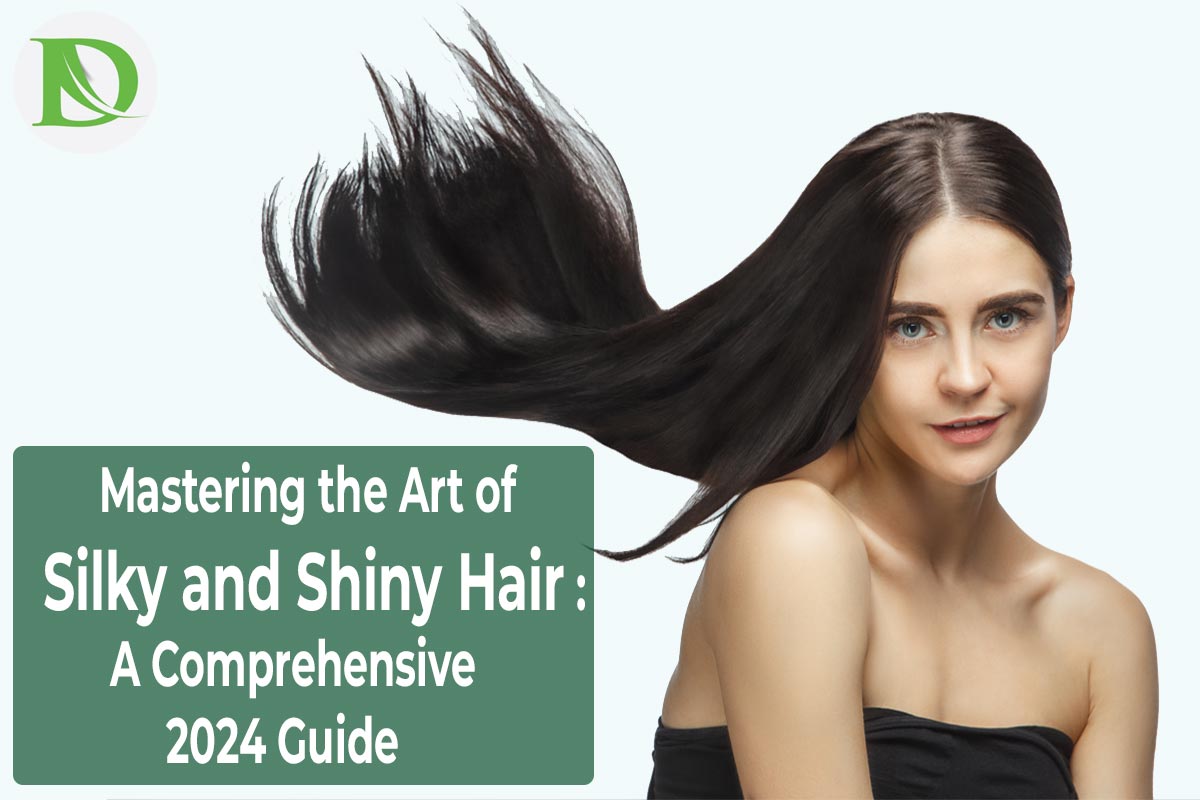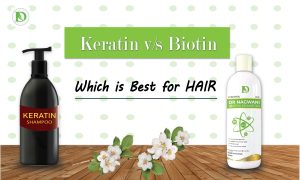Table of Contents
Introduction Silky and Shiny Hair
Every hair flip should come with a dose of confidence and a shine that turns heads. Achieving silky and shiny hair is a coveted goal for many, but it often seems like a distant dream. Fear not, because this extensive guide, spanning 2000-2500 words, is dedicated to unveiling the secrets behind attaining that glossy mane. We’ll explore a variety of methods, from traditional home remedies to modern hair care techniques, ensuring that no strand goes unpolished in your journey to silky, shiny hair.
Understanding Your Hair Type:
Before diving into treatments and products, it’s crucial to understand your hair type. Different hair types (straight, wavy, curly, coily) respond differently to various products and treatments. A personalized approach tailored to your hair’s specific needs is the first step towards achieving luscious locks.
The Role of Proper Cleansing and Conditioning:
- Choosing the Right Shampoo and Conditioner:
- Opt for sulfate-free shampoos that gently cleanse without stripping hair of its natural oils.
- Use conditioners rich in ingredients like biotin, keratin, and natural oils for deep nourishment.
- Washing Techniques:
- Avoid hot water, which can damage hair cuticles. Instead, use lukewarm water to open cuticles and cold water to close them, locking in moisture and shine.
- Conditioning the Right Way:
- Focus conditioner on the mid-lengths to ends, and leave it on for a few minutes to penetrate deeply.
Advanced Hair Treatments for Extra Shine:
- Hair Masks:
- Regularly use hair masks formulated for shine and hydration. Ingredients like honey, avocado, and yogurt can work wonders.
- Professional Treatments:
- Consider salon treatments like glossing or keratin treatments for an extra boost of shine and smoothness.
The Impact of Diet and Nutrition:
- Healthy Fats and Proteins:
- Incorporate foods rich in Omega-3 fatty acids, vitamins A and E, and proteins to strengthen hair and improve its texture.
- Hydration:
- Drinking ample water is essential for maintaining overall health, including the health of your scalp and hair.
Brushing and Combing Techniques:
- Gentle Detangling:
- Use a wide-tooth comb or a detangling brush to gently remove tangles without causing breakage.
- Avoid Over-Brushing:
- Excessive brushing can cause damage. Brush your hair when it’s most necessary, and do it gently.
Heat Styling and Hair Damage:
- Minimizing Heat Exposure:
- Limit the use of heat styling tools. When necessary, use them on the lowest effective setting along with a heat protectant.
- Air Drying Techniques:
- Embrace air drying. If you must use a dryer, opt for an ionic hair dryer and use a diffuser.
Nighttime Hair Care:
- Silk Pillowcases:
- Sleep on silk pillowcases to reduce friction and prevent hair breakage.
- Loose Hairstyles:
- Tie your hair in a loose braid or a pineapple hairstyle to prevent tangles and breakage while sleeping.
Managing Hair Color and Chemical Treatments:
- Color Maintenance:
- Use color-protecting shampoos and conditioners to preserve hair color and prevent dullness.
- Limit Chemical Treatments:
- Diminish the recurrence of synthetic medicines like shading, perming, or fixing.
Regular Trims and Hair Health:
- Trimming Split Ends:
- Regular trims every 6-8 weeks can prevent split ends from traveling up the hair shaft, maintaining the hair’s health and appearance.
Home Remedies and Natural Solutions:
- DIY Hair Oils and Masks:
- Use natural oils like coconut, argan, and almond oil for deep conditioning treatments.
- Homemade masks using ingredients like eggs, banana, and aloe vera can add natural shine.
Protecting Hair from Environmental Factors:
- Sun Protection:
- Wear hats or use hair products with UV protection to guard against sun damage.
- Pollution and Water Quality:
- Use clarifying shampoos periodically to remove build-up from pollution and hard water.
The Role of Stress and Hair Health:
- Managing Stress:
- Practice stress-reduction techniques like yoga, meditation, or regular exercise to positively impact hair health.
Conclusion:
Achieving silky and shiny hair is a balanced blend of proper care, nutrition, and gentle styling. Every step in your hair care routine plays a pivotal role in enhancing the health and appearance of your hair. By adopting these comprehensive tips and integrating them into your daily regimen, you’re setting the stage for a head full of hair that’s not only healthy but also radiates with a natural, enviable shine.
Transform your hair with expert advice! Unlock the secrets to healthier, more vibrant locks by consulting with our skilled hair professionals. Whether you’re seeking a new style or addressing specific concerns, our team is ready to tailor personalized solutions just for you. Schedule your consultation today for a mane makeover!
FAQs About Getting Silky and Shiny Hair
- How often should I wash my hair to keep it silky and shiny?
- It varies depending on your hair type and scalp condition. Generally, 2-3 times a week is adequate.
- Can too much conditioner make my hair less shiny?
- Yes, over-conditioning can weigh down your hair, making it look greasy and dull. Moderation is key.
- What are the best natural ingredients for shiny hair?
- Ingredients like avocado, honey, coconut oil, and aloe vera are great for enhancing hair shine.
- How can I protect my hair from heat damage while styling?
- Always use a heat protectant spray and choose ceramic or tourmaline-coated tools.
- Is it necessary to trim my hair regularly for it to shine?
- Regular trims are essential to prevent split ends, which can make hair look dull and lifeless.



